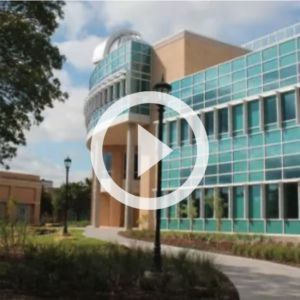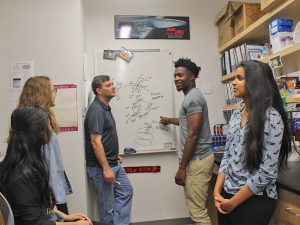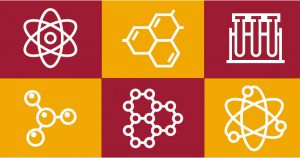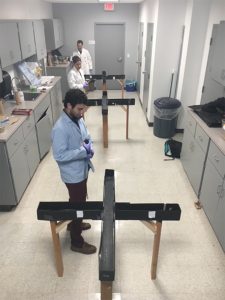 Pursuing a major or minor in Neuroscience at Austin College will help you to:
Pursuing a major or minor in Neuroscience at Austin College will help you to:
- Understand the human brain and how it functions
- Understand and describe how the central nervous system (CNS) develops, matures, and maintains itself.
- Analyze and understand neurological and psychiatric disorders and potential methods to prevent or cure them.
Renee Countryman, Director


Meet the Faculty
Renee A. Countryman, Director
Psychology Department
Courses Taught: Behavioral Neuroscience, Advanced Behavioral Neuroscience, Psychopharmacology, The Neuroscience of Learning & Memory, Clinical Neuroscience

David Aiello
Biology Department
Courses Taught: Genetics, Molecular Biology of Gene Expression

Lance Barton
Biology Department
Courses Taught: Cellular Physiology

Kelli Carroll
Biology Department
Courses Taught: Cellular and Molecular Neuroscience

Karann Durland
Philosophy Department
Courses Taught: Ethics & Medicine

Steve Goldsmith
Biology Department
Courses Taught: Animal Behavior

Jim Hebda
Chemistry Department
Courses Taught: Biochemistry, Biochemical Metabolism

Wayne Meyer
BiologyDepartment
Courses Taught: Anatomy & Physiology, Systemic Physiology

John Richardson
Chemistry Department
Courses Taught: Biochemistry, Biochemical Metabolism







